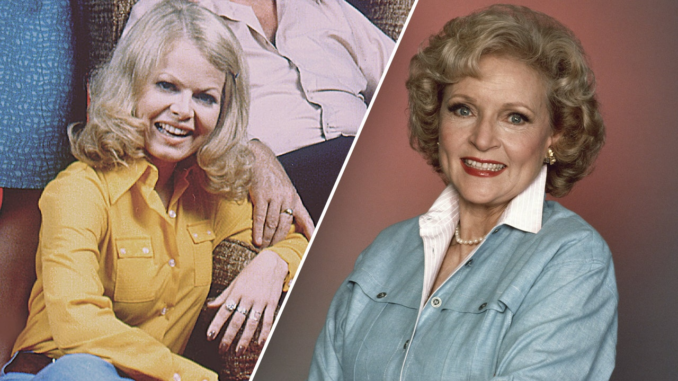
When you think of iconic television characters, Archie Bunker from All in the Family undoubtedly comes to mind. Played by Carroll O’Connor, Archie was a character who resonated with audiences for both his hilariously outdated beliefs and his surprisingly vulnerable moments. But Archie was far more than just a punchline or a stereotype of the bigoted American father. In fact, he is one of the most complex characters ever created in television history. Through the lens of his character, All in the Family not only provided humor but also made a profound commentary on society, race, and class. Let’s dive deeper into the genius of Archie Bunker and why he remains a television icon.
1. The Working-Class Hero
Archie Bunker is the epitome of the working-class American male. He’s loud, stubborn, and often out of touch with modern sensibilities. But at the heart of his character is a deep fear of change. Archie represents a generation of Americans who felt threatened by the cultural and societal shifts of the 1960s and 1970s. The civil rights movement, women’s liberation, and growing political awareness were all forces that Archie, in his way, resisted.
However, All in the Family never presented Archie as a one-dimensional villain. His character was a product of his time and upbringing. His prejudices and anger were rooted in his struggles with economic insecurity, his fear of losing his job, and his general sense of helplessness in a rapidly changing world. By showcasing these internal conflicts, the show humanized Archie. He became not just a source of comedy but a symbol of the fears and anxieties many people felt at the time.
In many ways, Archie’s character embodied the struggles of the working class. His lack of education and his tendency to cling to outdated beliefs were a reflection of his sense of being left behind by the progress of society. This made him both a sympathetic and deeply flawed character.
2. The Comic Genius Behind Archie
Carroll O’Connor’s portrayal of Archie Bunker is nothing short of masterful. O’Connor’s performance brought layers to the character that went far beyond what was on the script. Archie’s humor, though often offensive, was delivered with such conviction and wit that it became impossible not to laugh, even as you recognized the problematic nature of his views.
But it wasn’t just about the jokes. Archie’s comedic brilliance came from his ability to turn every situation, no matter how serious, into an opportunity for a laugh. His sarcasm, quick wit, and indignant rants became the foundation of the show’s humor. And yet, despite his obnoxious persona, Archie was also capable of moments of tenderness, vulnerability, and even self-awareness.
For example, in the episode “The Best of All in the Family,” when Archie tries to show affection to Edith after a fight, the comedy of the situation arises from his inability to express himself properly. These small moments made Archie a far more complex character than simply the bigoted, crude patriarch of the family.
3. The Show’s Critique of American Society Through Archie’s Lens
All in the Family used Archie’s character to reflect the societal changes that were happening in America at the time. By putting Archie in constant conflict with his son-in-law, Mike, the show explored the generational divide between the older, more conservative mindset and the younger, more liberal attitudes of the 1970s.
What made the show so groundbreaking was its ability to address controversial issues like race, feminism, and war through Archie’s lens. For example, his racist comments toward his Black neighbors were met with humor, but they also forced the audience to question why he held those views and whether they were acceptable in the modern world. Likewise, Archie’s disdain for the feminist movement was played for laughs, but it also raised important questions about the role of women in society.
In this way, Archie wasn’t just a character who made us laugh; he was a mirror reflecting the biases and prejudices that were prevalent in society. And while his views were often outdated and offensive, All in the Family used them to challenge those very beliefs and prompt viewers to examine their own views about race, gender, and class.
Conclusion
Archie Bunker is more than just a comedic character. He’s a complex figure who represents the tensions, struggles, and contradictions of American society. Through his portrayal, All in the Family forced audiences to confront uncomfortable truths about the world around them, all while making them laugh. His character’s flaws, insecurities, and occasional moments of tenderness made him relatable, and his ability to reflect the anxieties of an entire generation made him unforgettable.
To this day, Archie Bunker remains one of the most iconic and thought-provoking characters in TV history. He may have been a man of his time, but his legacy endures because his struggles continue to resonate with us today.
